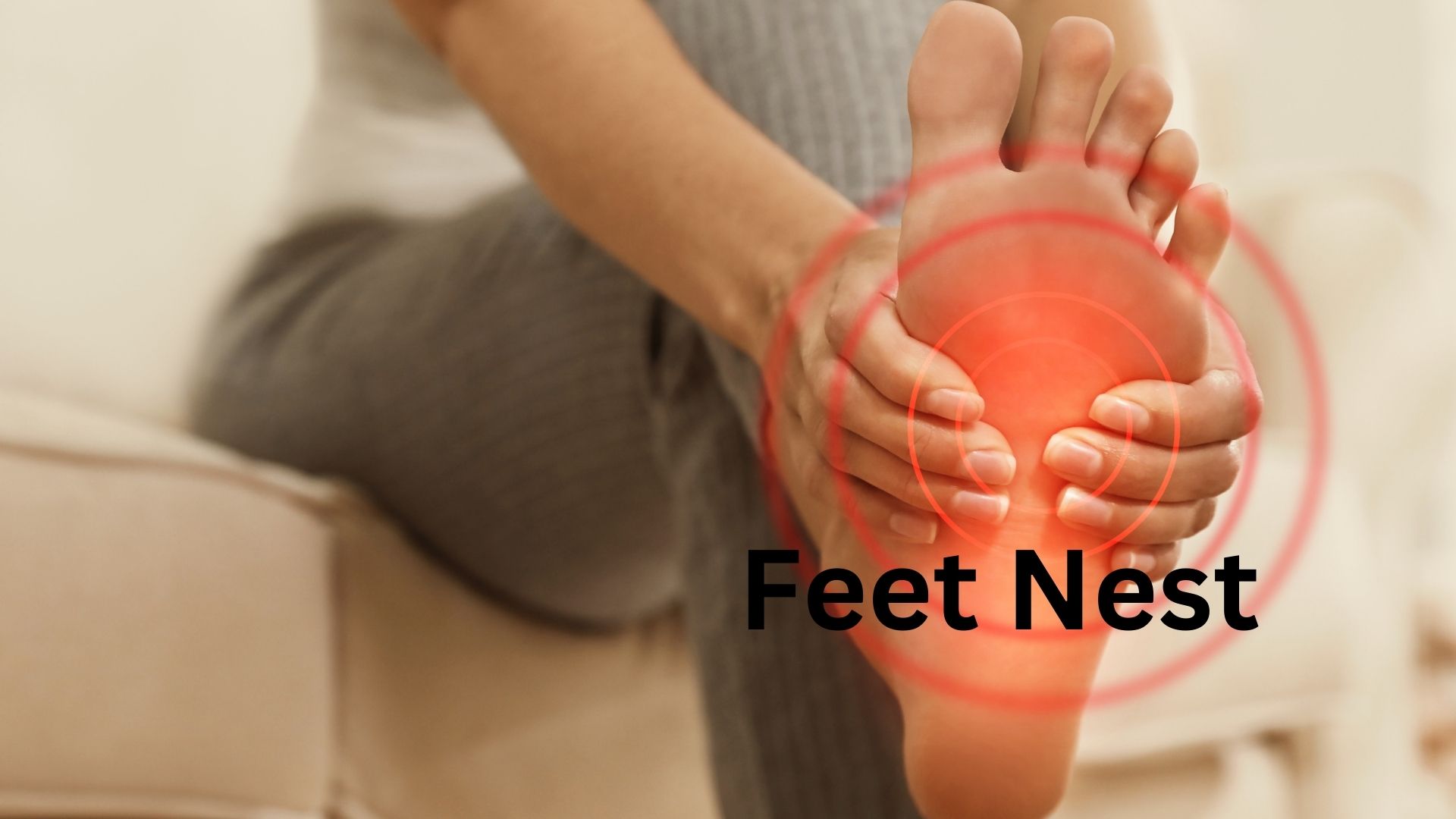Swollen feet are more than just a nuisance — they can be a sign of something deeper going on in your body. While occasional swelling after a long day might be normal, persistent or painful swelling should not be ignored. Below are 10 common reasons your feet might swell, along with actionable tips to help reduce the discomfort.
1. Standing or Sitting for Too Long
Being on your feet for hours or sitting at a desk all day can lead to fluid buildup in the lower extremities. Gravity causes blood to pool in your feet, especially if you’re not moving much.
What to do:
Take short breaks to move around or elevate your feet above heart level to help blood circulate.
2. High Salt Intake
Too much sodium in your diet can cause your body to retain water, leading to puffiness and swelling in your feet and ankles.
What to do:
Cut back on processed foods and monitor your salt intake. Drink more water to flush out excess sodium.

3. Pregnancy
Swelling is common during pregnancy, especially in the third trimester. It happens due to increased fluid and pressure on the veins in your pelvis.
What to do:
Rest with your feet up, wear supportive shoes, and consider compression socks, like those from Physix Gear, to reduce fluid retention.
4. Hot Weather
In hot temperatures, your veins expand, making it harder for blood to return to the heart. This can lead to swollen feet and ankles.
What to do:
Stay hydrated, cool off your feet with cold water soaks, and avoid prolonged outdoor heat exposure.
5. Injury or Trauma
A sprain, strain, or fracture can cause immediate swelling as your body reacts to the injury.
What to do:
Use the R.I.C.E. method — Rest, Ice, Compression, and Elevation — and consult a doctor if swelling persists.
6. Lymphedema
This condition happens when your lymphatic system is damaged or blocked, causing lymph fluid to accumulate in tissues.
What to do:
Seek medical advice. Wearing compression garments and doing specific exercises may help control swelling.
7. Venous Insufficiency
If the veins in your legs can’t send blood back up to your heart efficiently, fluid can pool in your feet.
What to do:
Compression socks and leg elevation are helpful. In chronic cases, a vascular specialist may be needed.
8. Kidney or Liver Disease
Both organs help balance fluids in the body. If they’re not functioning properly, it can result in swelling in your lower limbs.
What to do:
Get a medical evaluation to determine if underlying organ issues are contributing to the swelling.
9. Medications
Certain drugs, such as blood pressure medications, steroids, and antidepressants, can cause swelling as a side effect.
What to do:
Talk to your doctor about alternatives or dosage adjustments if your feet swell after starting new medications.
10. Blood Clots
Deep vein thrombosis (DVT) can cause sudden swelling in one leg, which may signal a dangerous blood clot.
What to do:
This is a medical emergency. Seek immediate attention if swelling is accompanied by pain or warmth.
Final Thoughts
Swollen feet may seem harmless, but they often tell a story about your overall health. From simple lifestyle changes to compression gear like Physix Gear Compression Socks, you can take steps to reduce discomfort and prevent complications. When in doubt, always consult a healthcare provider — your feet are trying to tell you something.
